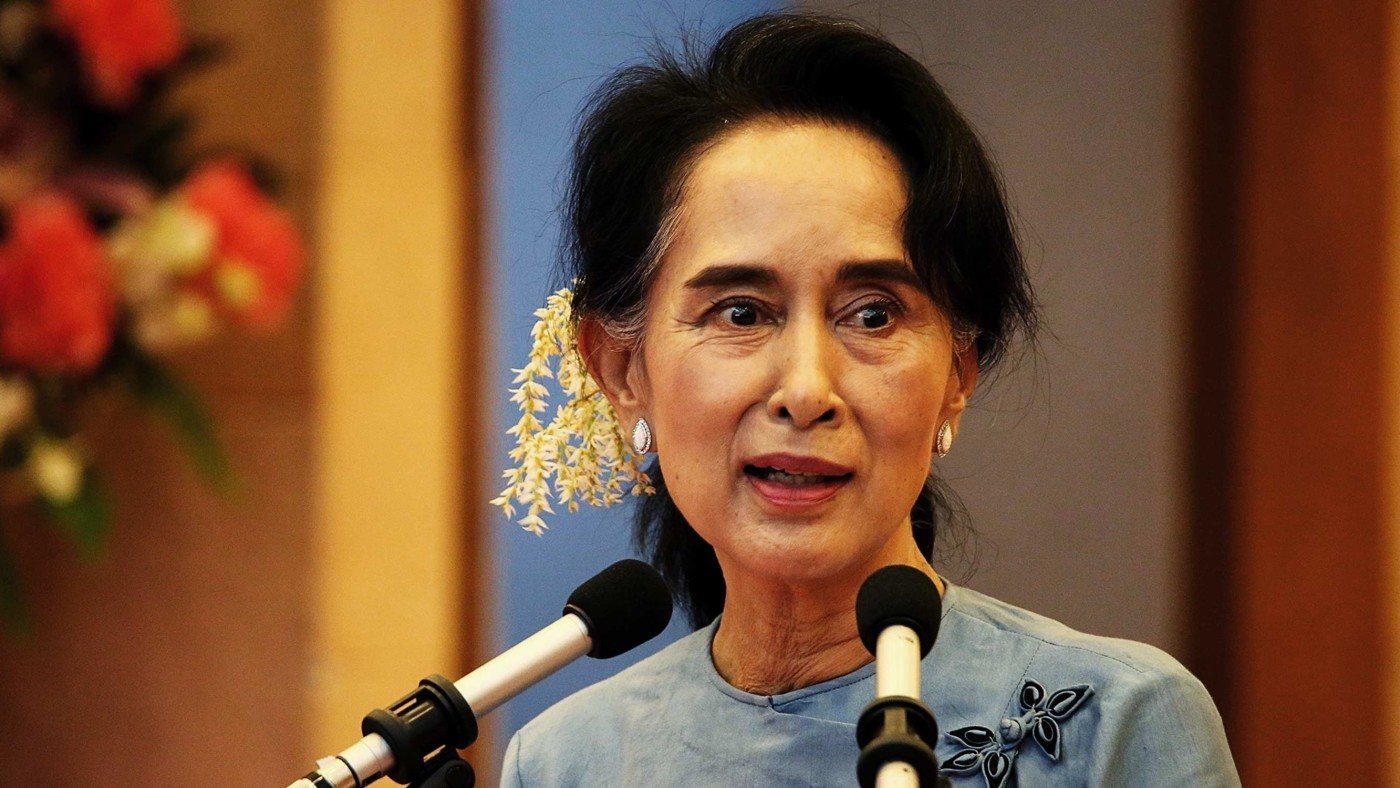She is Burma’s leading lady, a Nobel Peace Prize laureate, and the leader of a party which won an overwhelming 77 percent of available seats in November’s historic elections. But a clause in the constitution still blocks Aung San Suu Kyi from ever becoming Burma’s President.
The articles in question were created when Burma’s military government wrote a new constitution in 2008, and prevent the presidency being held by anyone with a foreign spouse or foreign children. It is highly likely this provision was specifically aimed at Suu Kyi, whose late husband was British, as are her two sons.
However, after Suu Kyi’s party, the National Democracy League, won a crushing victory last year, there was hope that the constitution might be amended and this ban be repealed. The military was guaranteed 25 percent of the seats in parliament, allowing them to block constitutional changes which require more than 75 percent of the votes. Suu Kyi has therefore been negotiating with commander-in-chief General Min Aung Hlaing, and as recently as two weeks ago, talks seemed to be progressing well – on February 7th, two pro-government broadcasters announced that “positive results could come out on the negotiation for the suspension of the constitution Article 59 (f).”
On Monday, such hopes fell apart. At a meeting with other military officers, Min Aung Hlaing said that:
“Since Myanmar has been undergoing democratization only for five years, necessary provisions should be amended at an appropriate time in accordance with the chapter XII of the constitution.”
In other words, now is not the time to be repealing unfair and undemocratic clauses in the constitution, which conveniently serves to retain as much power as possible for the military elite.
This is a blow to anyone who cares about democracy, justice, or the future of development in Burma. Min Aung Hlaing was never elected by the people of Burma, but is an army official appointed by the military. The crucial 25 percent of seats which enable the military to block changes proposed by the NDL were allocated automatically, regardless of the election results. Other constitutional articles also continue to guarantee the military power to influence or obstruct any elected government. Suu Kyi and her party achieved an unequivocal mandate to govern, and are being prevented from doing so by unaccountable officials.
For her part, Aung San Suu Kyi has stated that even if she does not become President, she would still control her party and the country. Before her landslide victory, she announced that, if the NDL won, she would be “above the President”. Despite the military’s resistance to democracy, it is still up to the NDL to choose the President, so Suu Kyi will be able to select someone close to her and govern from behind the scenes.
But to anyone who imagined November’s elections marked a new era of transparency and political freedom for Burma, Min Aung Hlaing’s announcement is a crushing blow. Burma’s democratic icon fights on.


